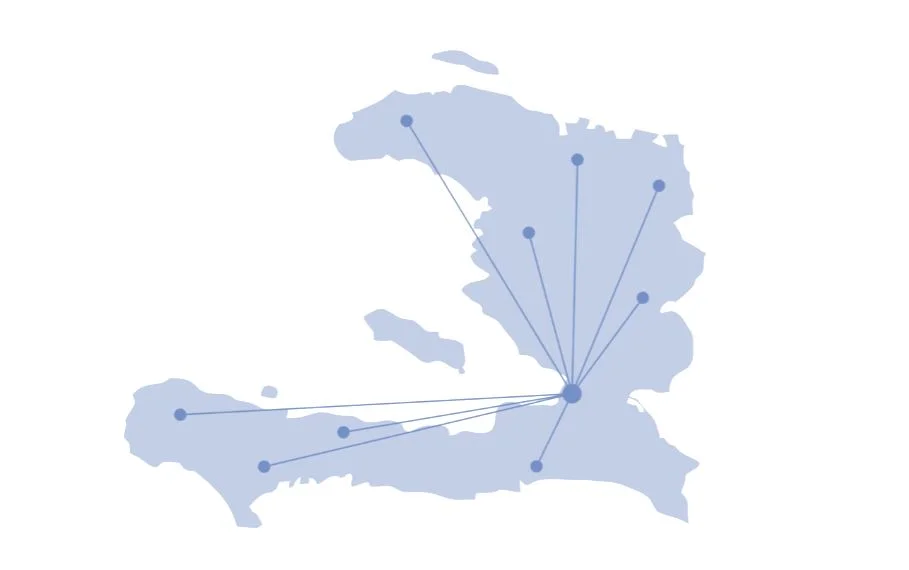April 11, 2018
Rachel and Nick Carter first came to LCS as Volunteers in 2011. This spring, the Carters have generously responded to the call to return to LCS; this time with their young children Peter and Phillip.
Rachel has picked up where she left off teaching English and Spanish at the school. Meanwhile, Nick works at St. Francois de Sales Hospital in Port-au-Prince. Among other projects, he is working with the Haitian Association of Surgerns to help prepare a trauma course for Haitian physicians that will be taught at the hospital in May.
A few words from an LCS Volunteer family:
“We see these ten weeks at LCS as a trial run for a long-term commitment in Haiti. We want our boys to grow up with the lessons that were reinforced for us at LCS – that progress requires hard work, that everyone can and should contribute to their community, and that faith drives commitment to justice. We are inspired by the commitment to Matthew 10:8 – “Freely you have received; freely give.” We have been blessed with opportunities for graduate training in both education and surgery. LCS offers a chance to share these blessings with a community and that means a great deal to us. Deacon Moynihan often talks about how the results of education speak for themselves. I find that to be a tangible truth at LCS.”
-Rachel Carter, Volunteer ’11-’12 and current English & Spanish teacher
Rachel Carter remarked recently on the joy of seeing the progress her former students have made: “They are now finishing degrees in engineering, medicine, nursing,education, and business management. Lochard Laguerre, an 11th grade student in 2011, recently cared for my youngest son Philip (17 months) during a bout with strep throat. Each graduate is the product of a strong community…”
“There are so many interrelated hurdles to building a health system that can stand on its own in Haiti. We have to respect Haitian leadership in setting specific priorities. On the macro level, more than 90% of the population lacks health insurance and must pay out of pocket for medical care. This makes even fundamental care prohibitively expensive for a large swath of the population unless it is provided on a charitable basis. In the long run, the nation needs a stronger economy so that local professionals can maintain a living while providing care for the population at large. The situation at the hospital at times is pretty tough, but I am always encouraged when I return to LCS and see the groundwork for a different Haiti being laid through education.”
- Nick Carter, M.D., Volunteer ’11-’12 and visiting physician at St. Francois de Sales Hospital, Port-au-Prince
Dr. Carter operating with Dr. Mertuse and Dr. Eustache at St. Francois de Sales Hospital, a large Catholic hospital built in Haiti's capital in 1881 and destroyed by the 2010 earthquake. It was reopened in August of 2015 in collaboration with Catholic Relief Services, Catholic Health Association, and the Archdiocese of Port-au-Prince.














